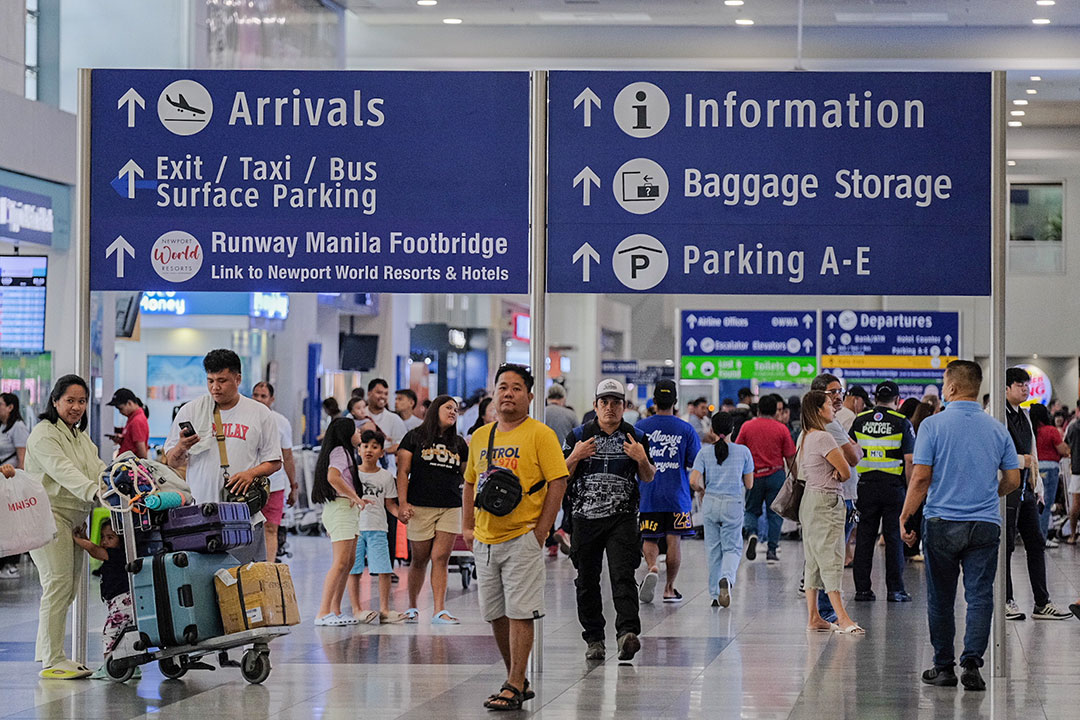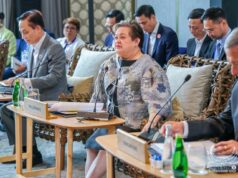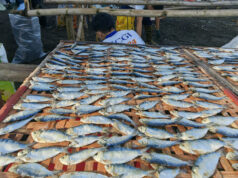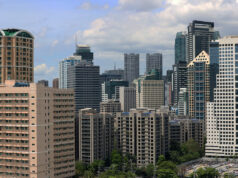NAIA baggage issue should be ‘urgently’ resolved — Poe

THE SAN MIGUEL-LED New NAIA Infrastructure Corp. (NNIC) must resolve issues in the 20-year-old baggage handling system in the country’s main airport as part of its rehabilitation efforts after reports of over 800 pieces of luggage being left behind earlier this week, a Philippine senator said on Thursday.
“Whoever is responsible must address the matter urgently as what’s piling up in the airport are valuable belongings of passengers,” Senator Mary Grace Natividad S. Poe-Llamanzares said in a statement.
“The technical issue must be resolved with the rehabilitation of NAIA. While at it, the airport management and the airline owe it to the affected passengers to be helpful and show they are not sitting on the problem.”
Ms. Poe also said the passengers affected by the technical glitch should be given a refund and additional compensation for the inconvenience.
“Passengers pay for their checked-in bags as required by the airline company. They deserve a refund and more for the trouble caused,” she said.
Budget carrier Cebu Pacific earlier this week reported about 821 bags were left behind due to a technical glitch in the system, affecting more than 400 passengers.
The baggage delay was due to the malfunctioning 20-year-old baggage handling system, which the NNIC plans to replace as part of its efforts to rehabilitate NAIA.
“NNIC has already procured a new, advanced system with additional redundancy measures set to be implemented to prevent future disruptions and enhance operational efficiency,” NNIC said in a statement on Tuesday.
RETHINK AIRPORT FEES
In a separate statement, consumer advocacy group CitizenWatch said the recent luggage fiasco at the Ninoy Aquino International Airport (NAIA) Terminal 3 showed that airport fee hikes are unreasonable due to these persistent issues that inconvenience hundreds of passengers.
“While we all hope for immediate improvements of our airports and aviation facilities, we call on the public to be partners of change and become proactive voices in sharing our grievances and advancing public interest,” CitizenWatch co-convenor Jose Christopher Y. Belmonte said. “The airport fee hikes need a serious rethink.”
The NNIC, which includes the operator of South Korea’s main international airport, took over NAIA operations on Sept. 14, with plans to improve the airport’s roads, expand its terminal and capacity, and upgrade the passenger experience.
Beginning Oct. 1, the NNIC started collecting higher landing and take-off fees from airlines, which are charges levied for the use of airport facilities and services.
South Korean Ambassador to the Philippines Lee Sang-hwa earlier told BusinessWorld that he is banking on Incheon International Airport Corp.’s technical know-how to bring NAIA to a global standard of quality.
NAIA ranked 199th out of 239 airports in 69 countries in the 2024 global airport ranking report released by flight compensation company AirHelp.
SMC President and Chief Executive Officer Ramon S. Ang had said the conglomerate expects to show results and improvements to the airport within six months.
It said it would be spending about P3 billion and P5 billion on a new off-ramp from NAIA Expressway to Terminal 3.
The Department of Tourism has set a target to post 7.7 million international tourist arrivals this year.
As of Aug. 7, the Philippines has received 3.62 million inbound visitors, with 92% of them being foreigners, the DoT said last month.
“It’s unacceptable that hundreds of luggage are stuck at the airport due to a technical glitch,” Ms. Poe said.
“A delayed flight is a bad thing; a mishandled or delayed luggage is equally disappointing.” — John Victor D. Ordoñez



